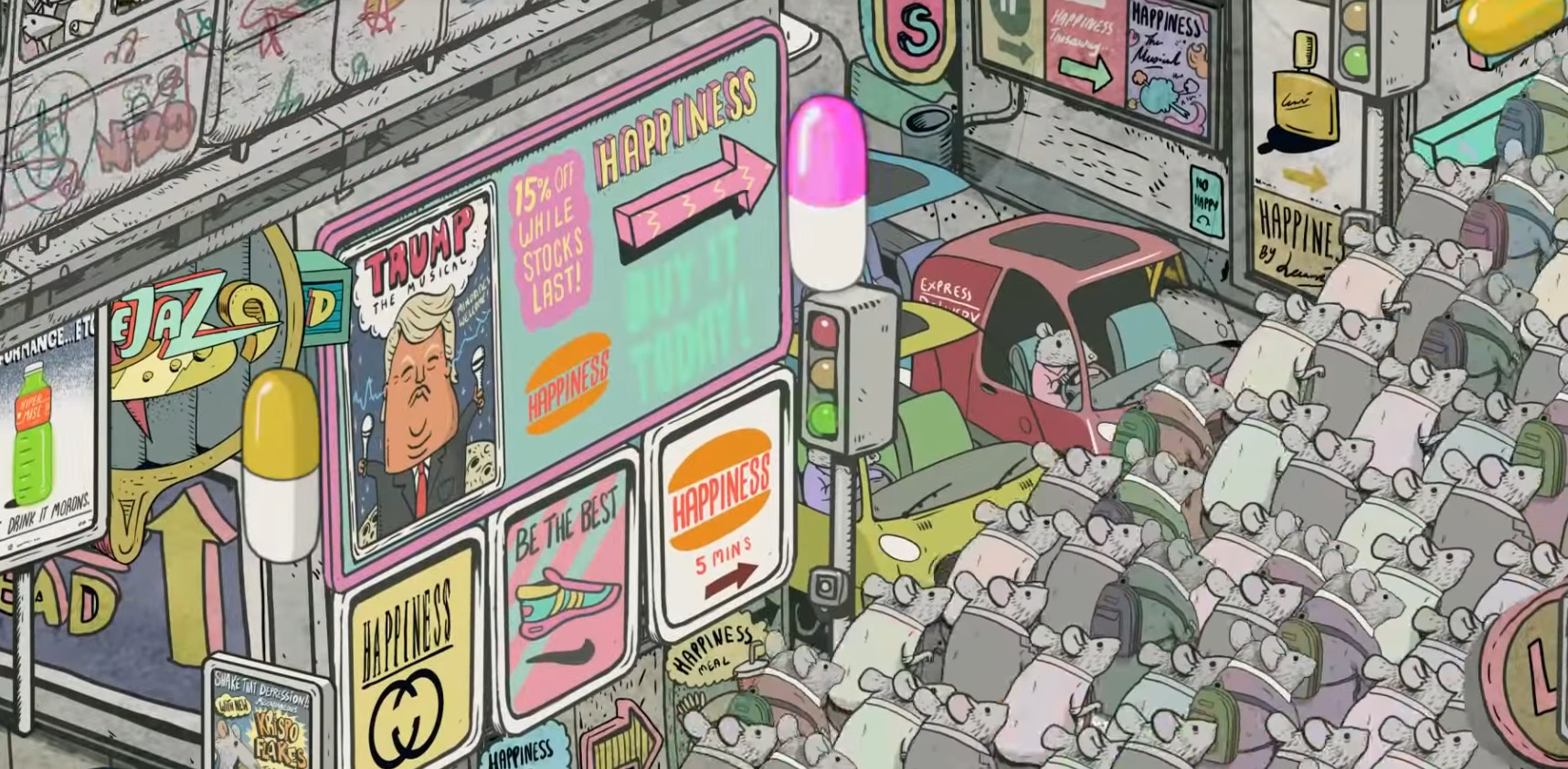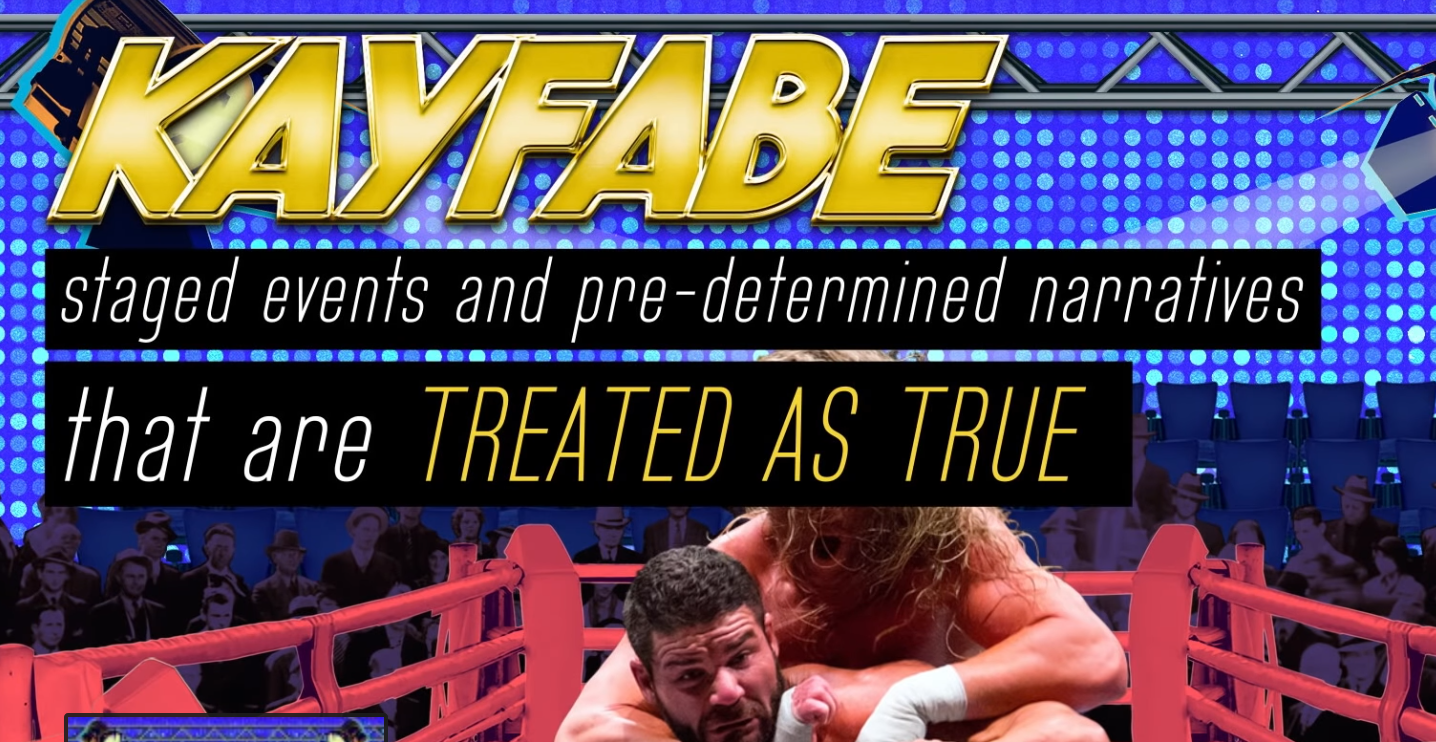
5 words that make writers cringe.
To a writer or a creator of written content, hearing these five words addressed to them is like hearing fingernails screeching across a chalkboard.
Are these 5 words terrible words? No.
It’s not like they’re curse words or overtly disparaging. They just hit that part of a writer’s nervous system that makes us shiver down our spine a little.
A parallel example of the 5 words.
“Moist.” Doesn’t bother me in the slightest. Seems like a reasonable word to describe something that has a moisture component to it. Something like cake. But surveys show a significant group, especially women, hate it.
Hate “moist,” not cake.
Whether “moist” or these five words, the effect is the same. Here they are:
-
“Wordsmith”
Why don’t you wordsmith this copy a little?
A “wordsmith” is a person who works with and is adept with words. In its traditional definition and use, the term is meant to imply skill and talent navigating words.
In modern workplace conversation, it tends to reveal those who think of the writer’s job as more of a “blacksmith” more than a wordsmith. To hammer, pound out and forge the right messaging – it casts an image of a writer, sweating from the brow as they bang a hard, glowing metal slab into the right shape.
Though the idea of craftsmanship and skill can be found in that evolved meaning, the way it’s used today leans more on the writer’s effort and work in jumbling copy around more than recognizing the skill and expertise involved in capturing the right thought through carefully selected words. Words designed to address a designed emotional intent or content strategy.
Asking a writer to simply wordsmith content is a bit like telling a talented illustrator to “scribble harder.”
-
“Voice and tone”
We’re looking for a writer to help with voice and tone.
I rarely hear this term spoken as content direction by someone who truly understands content or writing. Though “voice and tone” does indeed pertain to content, its often used in the wrong context.
Specifically what makes writers wince is that they can quickly tell the phrase “voice and tone” is being used as an oversized idea container.
A container broad enough to allow someone giving direction to avoid being immediately called out for not understanding content or content strategy – all while appearing to sound like they are saying something meaningful.
Voice and tone is wrong for structural content changes.
“Voice and tone” as sole copy direction, at best, is sideways copy direction. It asks the writer to create or change the words so the content magically “feels better.” I think of it as the non-book form of “The Secret” (wish for it and it will happen) for creating amazing content.
What the focus on voice and tone misses is all the planning, research audits, analysis, mapping, and flows that help produce powerful copy that is structured to be truly on message. That is a tried and true approach that gets copy to a place that “feels” satisfying.
To put it another way, the relationship between voice and tone and good copy is akin to the musical key that you choose the play a song, rather than the song itself.
A different musical key will change how a song (say Jingle Bells) sounds. But most likely, if you’re asking to change the musical key as a broad direction and not a specific need, it’s a good bet you just don’t like the song. And that requires looking at structure and strategy in order to write a pleasing song.
When that’s in place. “Voice and tone” can be measured and adjusted to enhance the content.
-
“Verbiage”
Used in a sentence.
Add some verbiage to talk about this discount.
A writer throws up a little in their mouth when they hear this word.
Not just because the definition naturally means excessive or redundant wording. When someone uses the word verbiage in copy direction, I always get the feeling it is a word that’s meant to express, “I really don’t care what you put in there as long as it gets us by.“
The yadda, yadda yadda, of copy direction. To the point that “add some verbiage” and “add some bullshit” feel almost interchangeable terms.
-
“Tinker”
Used in a sentence.
Could you tinker with the copy and get something back to me?
See Wordsmith.
-
“Tweak”
Used in a sentence.
The client needs you to tweak this copy.
What sends shivers down a writer’s spine is, here, the word tweak is often the camel’s nose under the tent for changes. When part of copy feedback, a cynical writer can easily feel its real mission is to gently and disarmingly open the door for larger changes.
A way of saying to “oooh, so close. Almost there. Just a little more.” When it really just means, “this needs to be rethought.”
A true “Tweak” is “I read your copy. You missed a period. Add it.” Not as if your doctor called your need for bypass surgery a tweak to improve your health.
Five words. Not bad words. Just not the best to share with writers.
If there is any meaning to glean from the effects of these words it’s that those offering copy guidance and direction could help drive even better content with just a little more specific direction. Even better, provide direction from a clearly defined process more than relying on gut feelings and etherial standards.
Any words that make you cringe as a writer? I’d love to hear them.
CONTENT STRATEGY CONSULTING
Content strategy is defining today’s successful business and leaving those too slow behind. Looking for more ideas and strategies around content marketing and delivering satisfying digital experiences for your brand, website or mobile application contact me for a free consultation.































